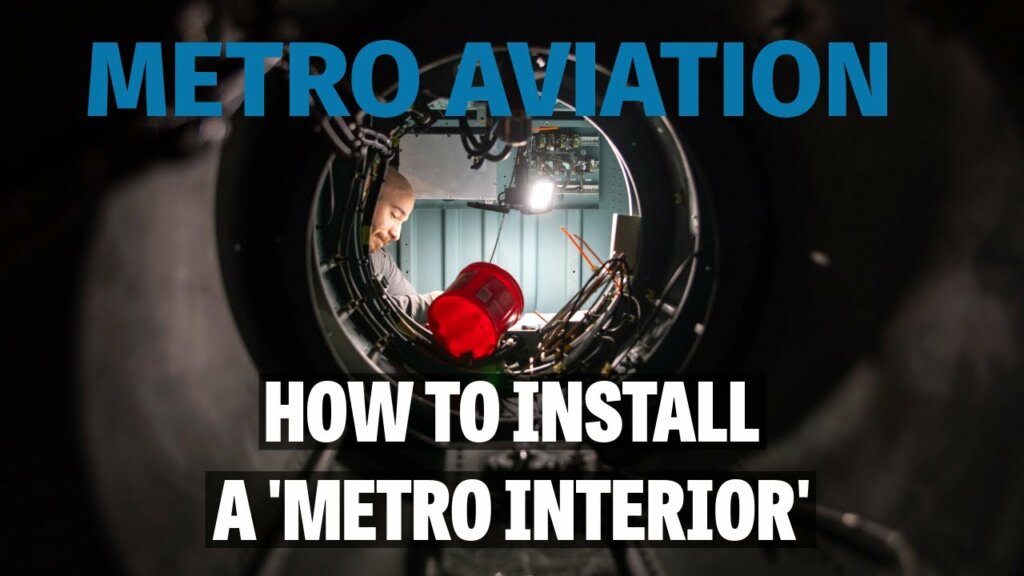After unveiling its 801 eVTOL air taxi concept at the Uber Elevate Summit earlier this year, the Slovenian aircraft manufacturer Pipistrel is taking “a step sideways” from that project to focus on a hybrid-electric VTOL cargo drone.
Pipistrel director of research and development Tine Tomažič provided a first glimpse of the aircraft to attendees at TexasUP, the exclusive eVTOL leadership summit held last week at Ross Perot Jr.’s Circle T Ranch near Fort Worth, Texas. Only a handful of media outlets were granted access to the event, including eVTOL.com, but with some restrictions on photography.

So we can’t show you photos of the new drone, but we can tell you it has a tandem-wing design and a total of eight VTOL rotors arranged on either side of the main body — similar in some ways to the 801, which has eight shrouded fans mounted across two lifting surfaces attached to its fuselage. The cargo drone also has a pusher prop for cruise flight.
However, while the 801 is designed for low noise and passenger comfort, the cargo drone is being optimized for cost. “It’s not incredibly beautiful, but it’s incredibly cost-effective,” Tomažič told the audience at TexasUP. “We essentially want to come up with a vehicle that is as robust as an airliner, with a 20,000-hour span of operating life, and not much maintenance in between.”
The aircraft has a target payload capacity of 300 kilograms (660 pounds) and a target range of around 300 kilometers (185 miles), although Tomažič noted that the hybrid powertrain should make it possible to extend this range even further. Pipistrel expects to fly the aircraft before the end of next year, and deploy it in service for “a known customer in Southeast Asia” in 2022.
Tomažič assured the audience that Pipistrel is not “neglecting” its eVTOL air taxi, just shifting focus to take advantage of near-term business opportunities. The company expects to be able to apply insights from its cargo drone program to further development of the 801.
Pipistrel is also partnering with the Dutch startup Wings for Aid to deliver self-landing boxes of humanitarian aid in remote environments. Pipistrel has been using one of its Alpha Electro airplanes for testing the air drop system, which “is possibly for the first time ever an electric airplane was used as a testbed” in such a way, Tomažič said.
He suggested that these efforts, too, could help shape Pipistrel’s incremental approach to the larger eVTOL market: “I think that the pathway to successful and safe deployment [of] eVTOL operations inside cities is through cargo missions, humanitarian missions, because people will understand that there is a clear benefit in flying in this kind of manner.”









It’s good to see more and more companies validate Sabrewing’s market assumptions from several years ago! So many companies are now shifting focus from UAM to unmanned cargo – showing just how far Sabrewing is ahead of other companies and technologies. Welcome, Pipistrel. There are plenty of locations and customers yet to be served…